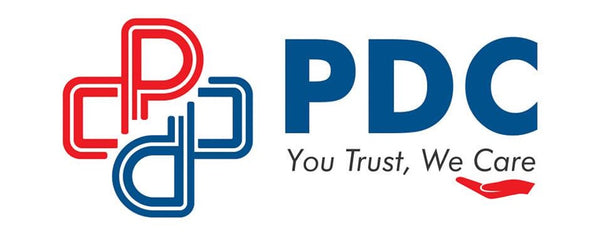Histopathology
Histopathology is the diagnosis and study of diseases of the tissues, and involves examining tissues and/or cells under a microscope. Histopathologists are responsible for making tissue diagnoses and helping clinicians manage a patient’s care. Our Histopathology section provides diagnostic services for cancer; they handle the cells and tissues removed from suspicious ‘lumps and bumps’, identify the nature of the abnormality and, if malignant, provide information to the clinician about the type of cancer, its grade and, for some cancers, its responsiveness to certain treatments.
Our histopathology diagnostic range includes immunochemistry, allergy testing, viral isolation and the serologic diagnosis of infectious and autoimmune diseases. Molecular-based techniques are a particularly successful component of our diagnostic work, with application both in the diagnosis of viral diseases and in the monitoring of infected patients undergoing treatment.
Our department is well supplied with modern processing equipment and work practices and test systems are constantly under review to ensure prompt and efficient delivery of test results. Virology and immunology is also well supported by highly qualified and experienced clinical and technical staff.
In Serology section we assists in the diagnosis of a comprehensive range of autoimmune and infectious diseases. Batch testing is the usual format, although immediate analyses are available for a limited number of assays. Scope of methodology for antibody detection includes EIA, IFA, WB, LIA, CFT, Luminex, Chemiluminescence and Agglutination performed using manual, semi- or fully automated techniques.
While our Immunochemistry section comprised of Plasma Protein Assays and Specific IgE testing for Allergy. Skin Prick and Intradermal testing for possible allergic reactions to foods, inhalants, Bee and Wasp venoms, anaesthetics and antibiotics are performed along with detection of Total and Specific IgE Antibodies within the lab. Plasma Proteins are detected by Turbidimetry, Electrophoresis, Immunofixation and Isoelectric Focusing and aid in the diagnosis of Multiple Myeloma, Multiple Sclerosis, Carbohydrate Deficient Glycoprotein Disorders, Hereditary Angioedema and many other conditions.
The goal of immunohistochemistry is to show specific cell and tissue components based on immunological traits for either diagnostic or therapeutic purposes. When immunological testing is done on histological material (tissues) or cytological material (cells), we refer to this as immunohistochemistry or immunocytochemistry respectively. This is an additional test. It is requested by the pathologists when routine tests do not give sufficient indications for a certain diagnosis.
Immunological testing can identify specific tumours, for instance. This is done by looking for antibodies (proteins produced by the body to clear diseased cells) that bind to a specific target protein; the antigen. A tumour is characterised by these specific proteins, making it possible to determine what kind of tumour or metastasis it is. In addition, the aggressiveness of a tumour can be determined, and whether hormonal therapy may be effective as treatment. The antigen-antibody bonding is made visible and examined under a microscope by the pathologist who will deliver the result. Based on the result, the clinician determines whether further medical testing or therapeutic treatments are required. Immunohistochemical and immunocytochemical testing may show specific tumours or specific characteristics (hormone receptors). This is important for choosing the right treatment.
